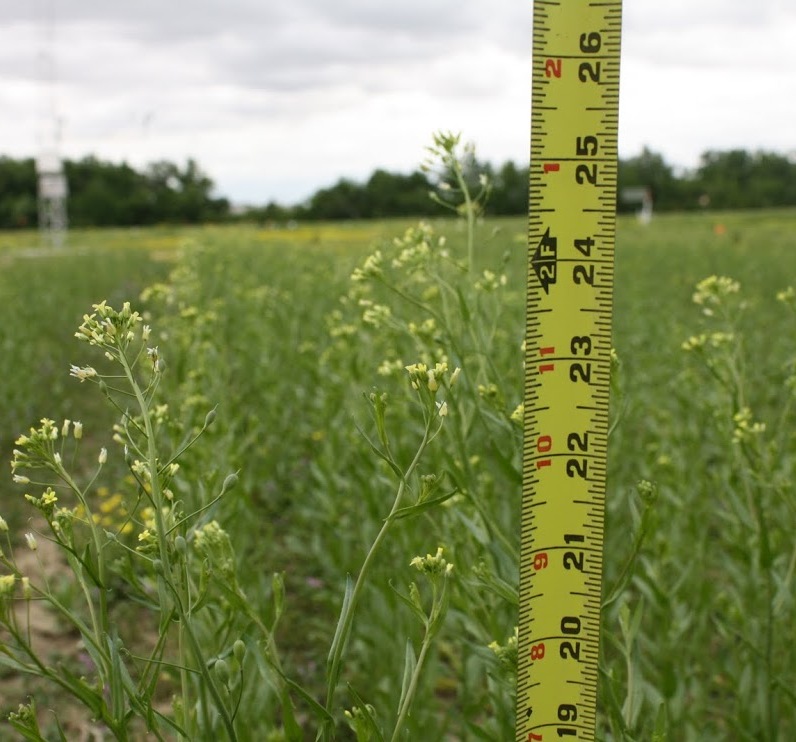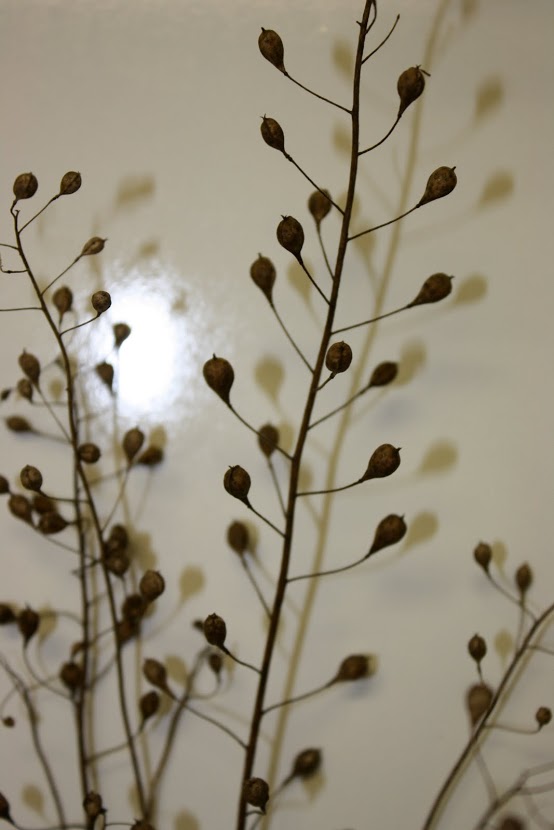Three-year Federal Grant to A-State Will Fund Bioenergy Research on Oil-Seed Camelina
JONESBORO -- Faculty in the College of Agriculture and Technology at Arkansas State University have been awarded a $276,877 research grant from the National Institute of Food and Agriculture, a division of the U.S. Department of Agriculture, and will work with Phillips Community College of the University of Arkansas.
The project is focused on building capacity for bioenergy research and outreach in East Arkansas and the Delta region.
Scientists from A-State who will work on the project are Dr. Steven Green, Dr. Elizabeth Hood, Dr. Paul Armah, Dr. Kevin Humphrey, and Dr. Greg Phillips, all of whom are faculty in the College of Agriculture and Technology. Drs. Green and Hood are project leaders.
Project collaborators are Terry Turner of Phillips Community College, Dr. Julie Carrier of the University of Arkansas, and Kirk Minnick of Minnick and Associates.
According to Dr. Green, the goal of the project is to strengthen both institutions’ ability to provide quality, dynamic, and innovative research and outreach in food and agricultural sciences in a sustainable way. This in turn will support future opportunities for economic growth and rural development in East Arkansas, the Delta region, and the state.
Researchers will be working with a crop that is new to Arkansas, Camelina sativa, which they believe holds significant potential for the bioenergy industry. Research plantings have shown potential for this crop in the Delta region.
“We will conduct research and outreach activities associated with establishing Camelina sativa as a viable bioenergy crop in the region,” Dr. Green said. “Our research focus will be on four areas: creating a genetically transformed camelina line with desirable yield and oil traits, selecting camelina varieties adapted to the region through field trials, evaluating the resulting meal and oil from processing the camelina seed, and optimizing processing.”
The research leader said outreach activities under the grant will focus on field days and demonstrations for farmers and potential end users, research symposia for scientists and researchers, providing internships for undergraduate students, and developing a camelina farmer network.
“This multidisciplinary and collaborative capacity-building project will target and benefit rural agricultural stakeholders, farmers, researchers, college instructors, undergraduate research students, bioenergy practitioners, policy makers, state cooperative extension agents, and small business owners,” Dr. Green continued.
Products anticipated to evolve from this project will include a “Camelina Grower Guide,” to include agronomic information and a crop budget designed for growers in the region, along with fact sheets that include specific information for each of the anticipated end uses.
“A high-yielding, transgenic camelina line will be developed as well as the scientific publications,” he continued. “A farmer network and an oilseed cooperative will be set up to move the establishment of camelina along and sustain its production beyond the life of this project.”
The researchers expect exponential growth in the number of farmers who grow camelina and the number of acres in camelina production, along with an increased awareness among potential end users of how camelina can be used and its value.
“Additionally, we expect an increased integration with the University of Arkansas and UA Extension. The establishment of an oilseed cooperative will enable us to sustain our efforts in supporting the camelina growers in the region. This project will showcase ASU College of Agriculture and Technology capacity and reputation as a research and outreach institution in the region.”
# # #







